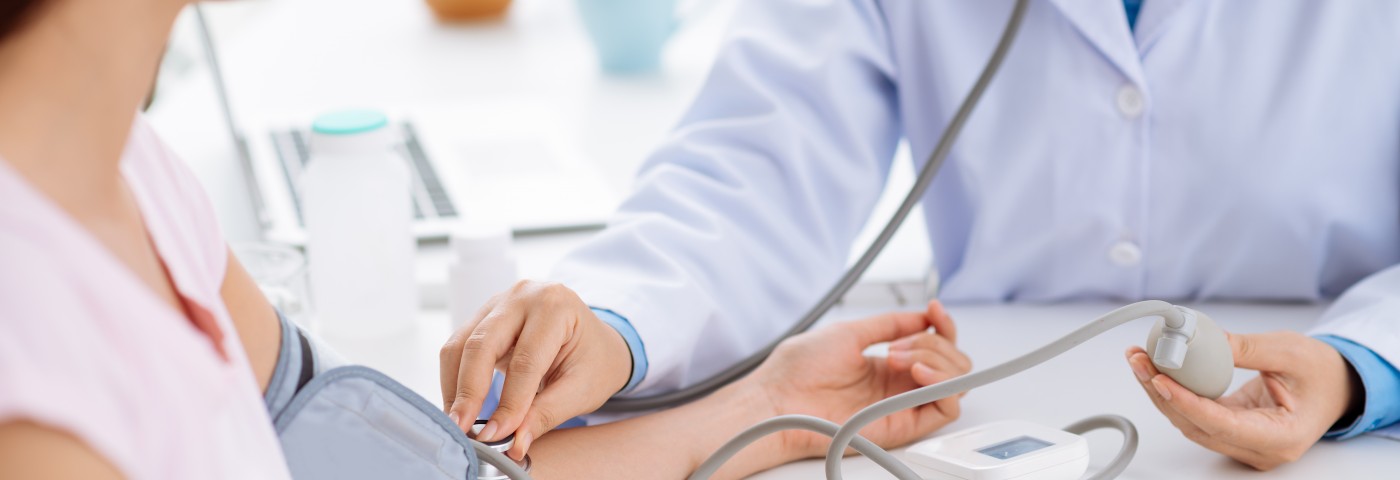University of Minnesota researchers have discovered that masked hypertension is common in patients with chronic kidney disease, and elevated blood pressure was found to be linked with an increased risk of kidney, heart, and vascular damage.
The research paper, “Masked Hypertension and Elevated Nighttime Blood Pressure in CKD: Prevalence and Association with Target Organ Damage,” was published in the Clinical Journal of the American Society of Nephrology.
Several studies have suggested that taking blood pressure measurements outside of the clinic would be a more accurate assessment of possible hypertension-related health problems, as it is common for high blood pressure to go undetected in the clinic.
This phenomenon, called “masked hypertension,” is often associated with elevated nighttime blood pressure, and both measurements are associated with an increased risk for hypertensive target organ damage and poor cardiovascular and renal outcomes in patients with normal kidney function. However, the burden of masked hypertension in chronic kidney disease (CKD) patients is still poorly understood.
Researchers evaluated the association between marked hypertension, kidney function, and cardiovascular health in CKD patients, measuring blood pressure and echocardiograms of 1,492 men and women with CKD enrolled in the Chronic Renal Insufficiency Cohort Study. The team categorized patients according to their blood pressure patterns and found that nearly 28 percent of the patients showed marked hypertension, with normal blood pressure in the doctor’s office but elevated blood pressure outside the clinic. In addition, marked hypertension was found to be independently linked to cardiovascular and kidney risk biomarkers.
Researchers concluded that measurements of ambulatory blood pressure in CKD patients are better indicators of the relationship between blood pressure and organ damage than measurements of blood pressure in the clinic alone.
“Our findings support the recommendations that patients check their blood pressure outside the usual doctor’s office setting, either by 24-hour blood pressure monitoring as done in our study, or by monitoring blood pressure at home,” lead author Paul Drawz, M.D., said in a press release. “Of course, patients should discuss their blood pressure and its treatment with their doctor.”

